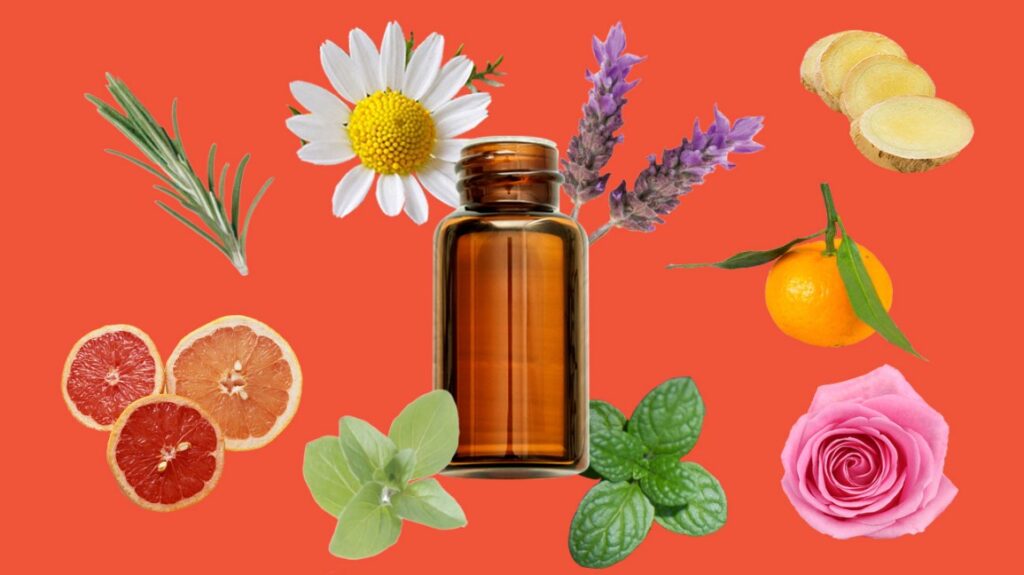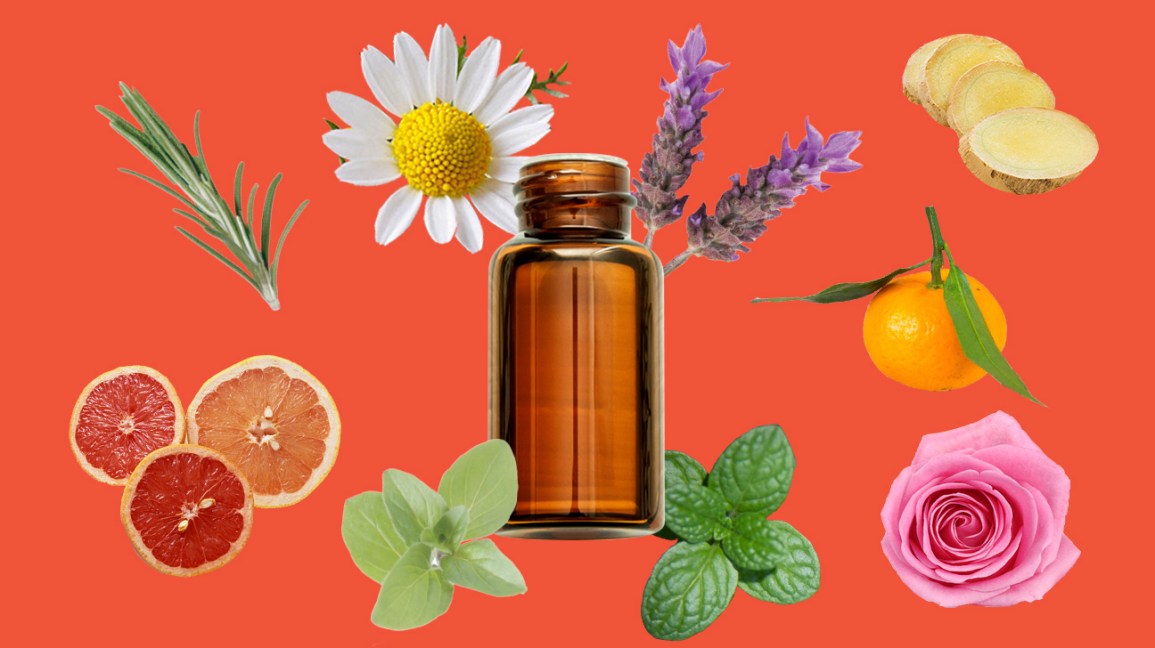
There’s nothing new about essential oils. Indeed, they’ve been produced, used, and traded for thousands of years!
For good reason too. Essential oils are well-known to offer a wide range of wellbeing benefits. Depending on the specific oil you use, they can lift your mood, alleviate pain, reduce anxiety, improve the quality of your sleep, and more. Honestly, the list of advantages goes on and on.
However, it’s also important to administer them in the right way. Don’t, and certain oils can have toxic effects, cause uncomfortable rashes, and so on. As you can tell, using essential oils safely is key to getting the most from them!
Want to learn more about the safe use of essential oils? Well, you’re in the right place! Keep reading for a comprehensive guide on that specific subject.
Educate Yourself
Our first safety tip is to educate yourself on the different oils that are available. Trust us when we say there’s no shortage of options! Furthermore, each one has its own unique properties, dosage instructions, and possible side effects to know about.
Take lavender oil, for example. This sweet-smelling and popular oil can calm you down and facilitate sleep. Simply breathing in its scent can have these positive effects! However, it may result in headaches, nausea, and chills, among others.
Using the internet or an essentials oils desk reference can reveal this kind of information and enable you to choose the right oil for your needs. You’ll be wiser to the pros and cons involved, aware of the risks, and able to use the oils more safely as a result.
Read the Instructions
Having educated yourself on the oils in question, it can help to see them in the same light as medication from the doctor. In other words, with respect!
Always read the instruction pamphlet first and stick to the recommended dosage.
The little flyer that comes in the packet should provide all the safety guidelines you need. Give it a read, verify the method of consumption, double-check the dosage, and understand the potential side effects. Follow that guidance and you’ll be in good shape to stay safe.
Know Thyself
Knowing about the oils and how to use them is key. But it can be just as valuable to know yourself! To be more specific, identifying your particular intolerances can mitigate the chance of experiencing any issues.
Indeed, the ‘problem’ with essential oils isn’t always about the oil itself. It’s often to do with an individual’s intolerance to it!
Returning to the Lavender oil example, if you’re allergic to lavender, then it’s never going to be well-suited to your needs. You may have a reaction, develop a rash, and struggle to experience the benefits on offer.
Be Careful With Location
Some essential oils can be used all over your body with no trouble. You can put them on your face, stomach, legs, underarms…anywhere! Whether it’s a sensitive spot or not, the oil won’t cause any uncomfortable reactions (assuming you’re not allergic to it).
Alas, the same can’t be said for all of them.
Certain essential oils are better suited to certain parts of the body than others. For example, peppermint oil comes in a very concentrated form. The result?
Even in diluted form, it can cause irritation when you apply it to the sensitive areas of your body. The same goes for tea tree oil and lemongrass (among many others).
Stick to Reputable Suppliers
Remember our advice to treat essential oils like medication?
It comes in handy here too. Basically, not all of them are made equal! In the same way that you wouldn’t buy prescription medication from dodgy sources, you should only purchase oils from respected, trustworthy producers.
This will help you stay safe and see better results.
The local pharmacy will always be a good choice in this regard. However, you can definitely buy high-quality oils online too. If you take that tack, though, read the reviews first and do some research into the brand before hitting the buy button.
Oh, and check the ingredients too. As a rule of thumb, fewer ingredients means less chance of experiencing nasty side effects. Having said that, some top-quality oils contain vegetable oils as well.
Be Wary of Old Oil
Essential oils can be used for years and deliver quality results the entire time. However, like the food in your fridge, they will go bad eventually!
Unfortunately, knowing when that’s happened isn’t always easy. The secret to success is staying vigilant as the weeks and months go by. Pay attention to the oil’s consistency, aroma, and the effects it produces.
Consider throwing it out if you notice any significant changes take place. The positive effects will dwindle and the likelihood of experiencing side-effects goes up if you don’t.
Speak to the Doctor
Ultimately, the best way to use essential oils safely is to speak with your doctor first.
For one thing, it’s always helpful to keep your doctor informed of any alternative treatments you consider. For another, they may be able to suggest specific oils that can help your condition and explain the possible risks.
Indeed, certain oils can interact with other medications you’re on. Talking to your doctor should prevent any serious issues from occurring in the process.
Remember This Guide to Using Essential Oils Safely
Essential oils have been around for millennia as a natural treatment for a plethora of wellbeing issues. Pain, mood, energy, sleep, soreness…you name it, and there’s an essential oil that can make a positive difference.
However, if you want to reap these rewards, using essential oils safely is crucial. Don’t, and you risk missing out on the positives and experiencing a range of side-effects instead.
We hope this post has helped in that regard! Keep this guide in mind and you should steer well clear of any issues and enjoy all the benefits that essential oils offer.
Would you like to read more articles like this one? Search ‘essential oil’ on the website now.
